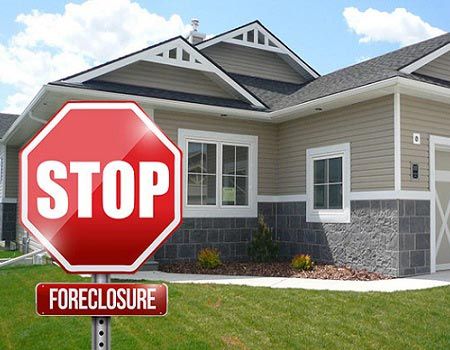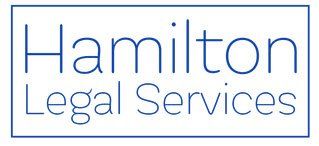What Is a Reverse Mortgage and is it Right For Me?
These days planning for retirement is a complicated process. With the average life expectancy rising every year, it is not unusual for seniors to have to plan for a retirement period that lasts for twenty years, thirty years, or longer. With unexpected expenses or even a loss of savings due to fluctuations in the market or health care costs, many seniors may be looking for a way to afford to stay in their homes while enjoying the retirement they so richly deserve. There are many tools available to homeowners in this situation, and recently the reverse mortgage has become a popular option. But what is a reverse mortgage and is it right for you?
In simple terms, a reverse mortgage is a way for a homeowner to leverage the equity they have built up in their home. Most loans are FHA (Federal Housing Administration) insured loans and are available to those 62 years of age and older. A reverse mortgage will provide a homeowner with monthly or lump sum payments. The total of this money can not exceed the value of the home. That is to say, the value of the home can be paid out, not the value of the original mortgage. Understanding that distinction is crucial when applying for a reverse mortgage.
Once the borrower has passed on, or vacated the home for another reason, the loan becomes due. In addition, the borrower must remain current with their property taxes and homeowners insurance or risk foreclosure. As long as the borrower remains in the home, no payment will be due. However, interest will accrue. This is important to remember as people are staying in their homes longer and longer. If someone holds a reverse mortgage for 20 years, for example, with interest the loan may end up exceeding the value of the home.
Therein lies the catch. Reverse mortgages are a great option for seniors who need a little extra income as they enjoy their golden years. However, if the home has dramatically increased in value and the borrower stays in the home for many years, they may overextend themselves. If the borrower falls behind on their taxes, they risk facing foreclosure and the loan being called due. A foreclosure attorney in Houston can provide help and work with the borrower to delay or avoid foreclosure entirely.
There are pros and cons to any major financial decision. If a homeowner is educated on the benefits, and potential pitfalls, of a reverse mortgage, they will most likely have the tools necessary to make a decision that is right for them. Fortunately, government-insured reverse mortgages do require a counseling session before applying. Asking questions and understanding the process can allow for any senior to make the right financial decision for themselves and their family.




